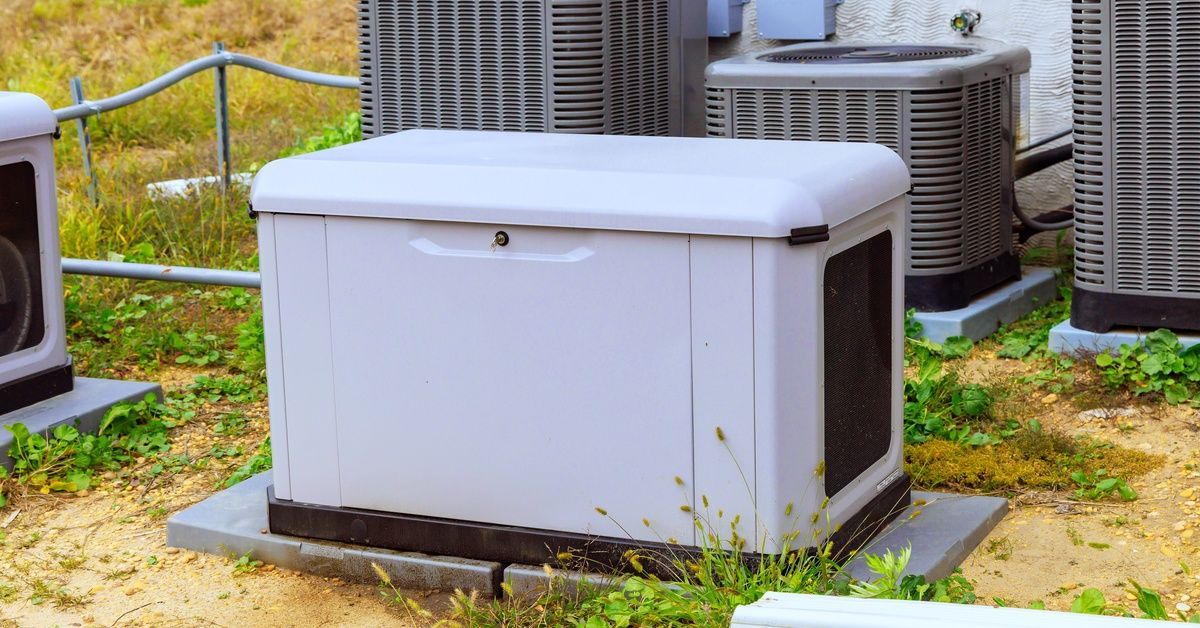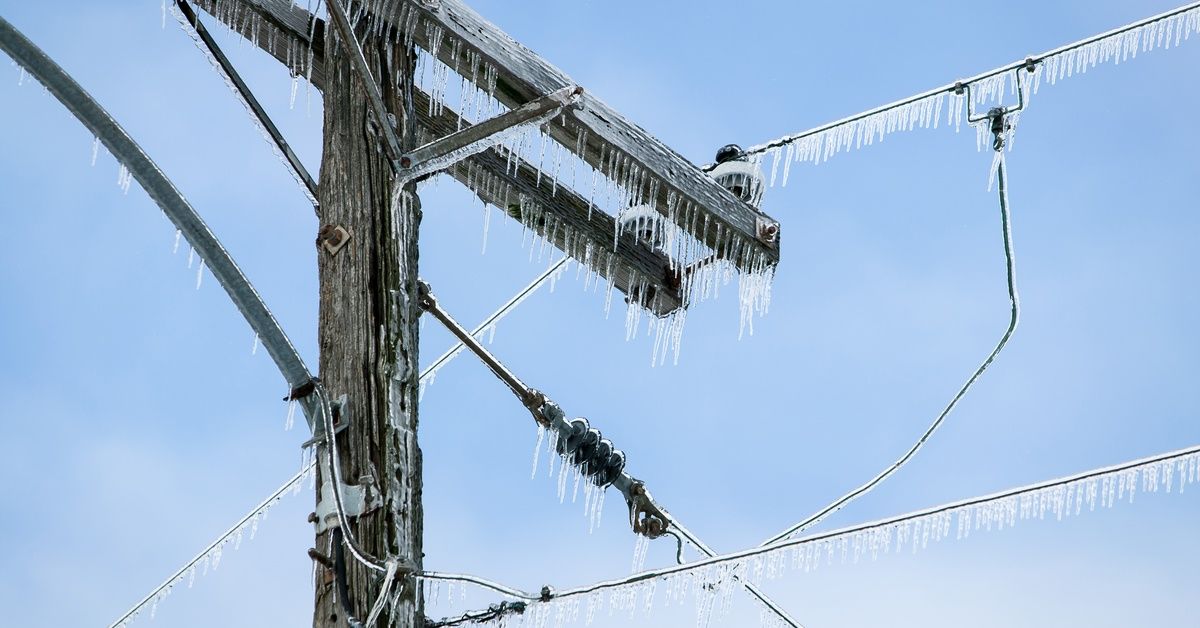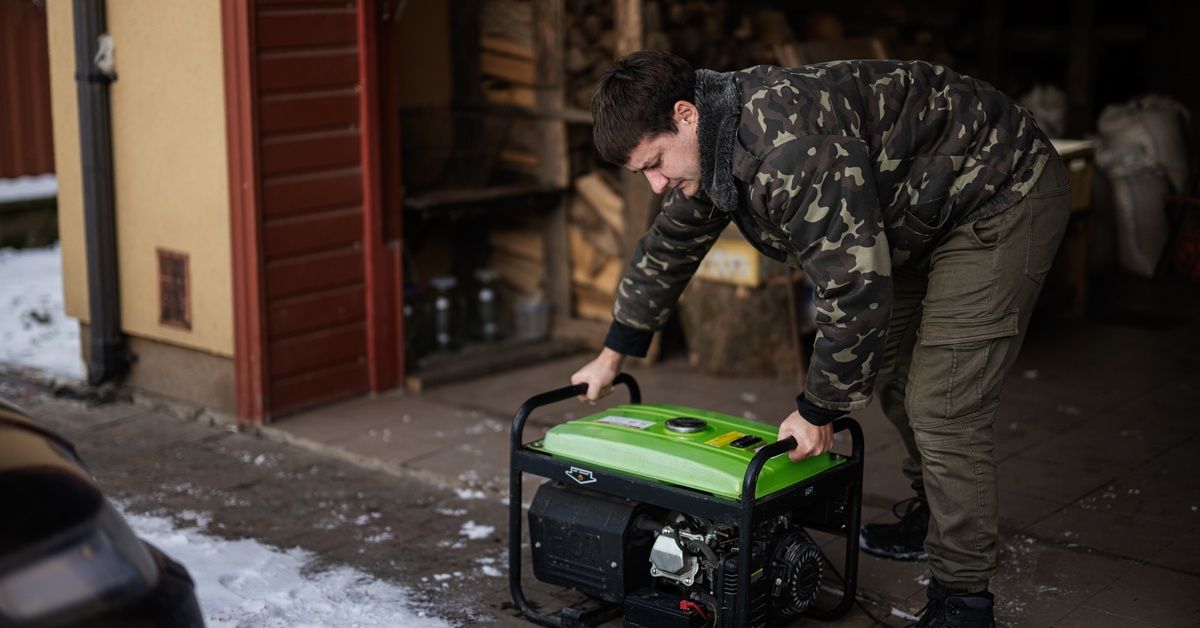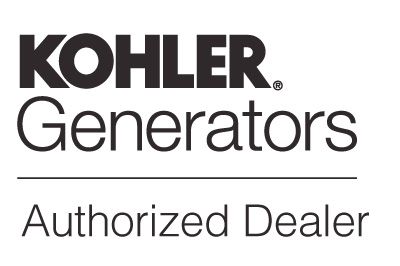How Climate Can Affect Generator Performance
Whole home generators are a vital backup for power outages. Some homeowners don’t realize how climate affects their functionality.
Understanding how temperature, humidity, and weather patterns can affect your generator is key to reliable performance. This is especially important if you live in Portland, Oregon, where the weather is famously unpredictable. Learn how climate can affect your generator’s performance.
Factors That Can Influence Generator Performance
Home generators can operate in various conditions, yet extreme climates can strain even the most durable models. Conducting regular maintenance on your generator can help it perform well over time.
Temperature Variations
Outdoor temperatures can greatly impact the performance of your generator. Extreme cold can slow the chemical reactions in batteries, reduce their capacity, and make it difficult to start the unit. On the opposite end, high temperatures can cause internal components to overheat, reducing the entire unit’s lifespan.
Humidity Levels
High humidity can cause moisture buildup in your generator, leading to corrosion and the deterioration of critical components. This can become a serious issue in Portland, where humidity is consistently high.
Extreme Weather Conditions
Strong winds, heavy rain, and snow can negatively affect the functionality of a generator. Water ingress can lead to problems with the fuel system and can damage the electrical components.
Effects on Generator Efficiency
Climate-induced performance degradation in generators isn’t just an inconvenience; failed generators can cause the cost of repairs and maintenance to skyrocket or lead to fires or explosions due to faulty wiring or dirty oil. Proactive maintenance, like regularly changing the oil in your generator, can mitigate these risks and ensure reliable operation.
Fuel Consumption
Operating a generator in a cold climate usually makes the unit work harder and burn more fuel. When a severe storm rolls in, you might lose power for days and have to run your generator until the utility supply is restored. Obviously, running a generator non-stop like this requires a lot of fuel.
Maintenance Requirements
Generators operating in harsh climates require frequent and specialized maintenance. Cold weather can necessitate the use of cold-weather kits. In humid climates, regular moisture checks are necessary to detect and prevent corrosion. This all adds to ongoing operating expenses.
Lifespan of the Generator
The climate can affect your generator’s performance by shortening its lifespan. Generators that withstand severe weather conditions work harder and are likely to have a short lifespan. This means a potentially early replacement and a higher total cost of ownership.
Tips for Optimizing Generator Performance in Portland
- Protect your generators from rain and wind with a secure shelter.
- Regularly inspect the unit for moisture accumulation, and consider investing in dehumidifiers for the generator shelter.
- Keep a supply of fresh fuel to counteract its thickening in cold weather.
- Engage in frequent maintenance that includes checking for corrosion and other weather-related damage.
Climate and weather patterns have a significant impact on the efficiency and effectiveness of your whole-home generator. Understanding and preparing for these effects will help you keep your power supply reliable and efficient. Take care of your generator today with NW Generators, and contact us for more information on how we can help.






